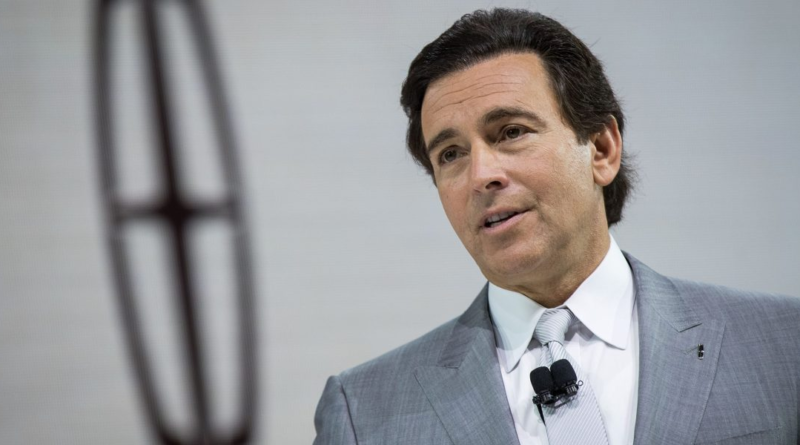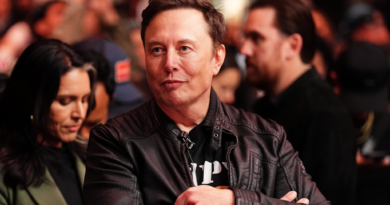Ex-Ford CEO warns of ‘real financial trouble’ for EV startups as adoption takes longer than expected
It’s been a bad year so far for startups offering electric vehicles. It could get a lot worse.
The problem is not that EV sales aren’t growing. They are, despite a slowdown. It’s that they’re not growing as quickly as carmakers had anticipated.
“The pace that all the automakers were expecting is not there,” former Ford CEO Mark Fields told CNBC’s Squawk on the Street on Friday. That, he added, is why we’re seeing price cuts, rising inventories, and increased incentives from EV makers.
Early EV adopters, he noted, have different purchase criteria—such as innovation and environmental impact—than average buyers. But many of them have already purchased their vehicles, and now EV makers must win over everyday consumers more focused on cost and convenience. For them, charging time and inadequate charging infrastructure loom large, in addition to repair costs and resale value.
“The consumer in the mainstream market is going to say, you know what, when you figure all that stuff out, then I’ll really consider this,” said Fields. “But until then, I’ll either stick with my internal combustion engine, or alternatively, as you’re seeing, with hybrids, a really great solution for consumers right now.”
Sales of hybrid vehicles are soaring, much to the benefit of Toyota, which pioneered the technology and has long warned that the EV transition will take longer than many believed. Ford has also enjoyed surging hybrid sales and plans to offer more such vehicles, even as it decelerates its EV plans given weaker-than-expected sales.
But Fields harbors no doubts about the transition to EVs.
“The transition will absolutely happen, but it’s going to take longer,” he said. And that, he added, spells difficulty for EV makers launched in recent years with the expectation of faster EV adoption.
“With this longer path, a number of them are going to get into real financial trouble, and you’re seeing that play out right now,” he said.
Struggling EV startups
On Wednesday, the Wall Street Journal reported that Tesla challenger Fisker had hired restructuring advisors to help with a possible bankruptcy filing. The EV maker’s shares fell by roughly 50% the next day. They recovered somewhat on Friday, after Fisker said it “often” works with outside advisors and that it was focused on trying to partner with a large automaker, which Reuters reported earlier this month might be Nissan.
But Fisker’s market cap stands at $97 million, down from $4.1 billion in 2021. It risks being delisted from the New York Stock Exchange, and last month it cut jobs and warned it might unable to continue as a going concern.
Meanwhile, Amazon-backed Rivian recently announced that it will delay factory plans in Georgia in order to save billions of dollars, helping to ease worries that it lacked sufficient funding to see it through the launch of its next model, the R2.
That followed Tesla CEO Elon Musk suggesting last month that Rivian, which had just announced layoffs, had only six quarters or so until bankruptcy. “They need to cut costs massively, and the exec team needs to live in the factory or they will die,” he posted on X.
Rivian’s market cap has plunged from a 2021 peak of $153 billion to $10.8 billion today.
As for Saudi-backed Lucid, its market cap has plummeted from a peak of $91.4 billion in 2001 to a $6.2 billion today. Last month, it said it would build only about 9,000 EVs this year—a far cry from the 90,000 it predicted for 2024 just three years ago.



